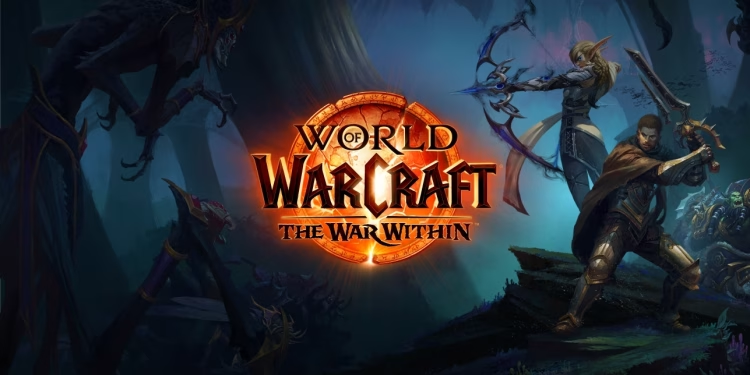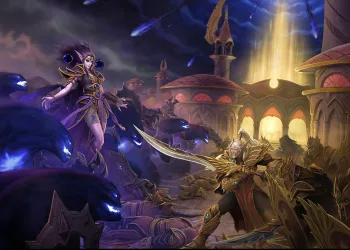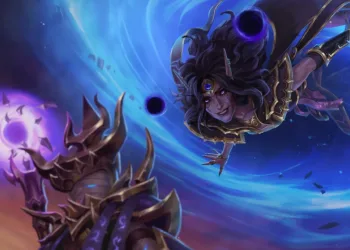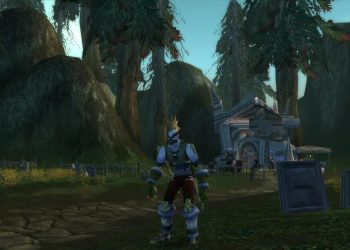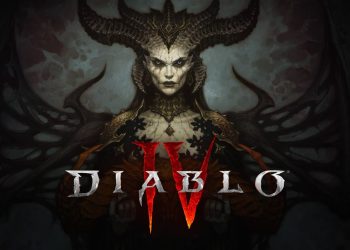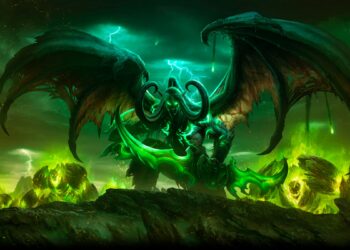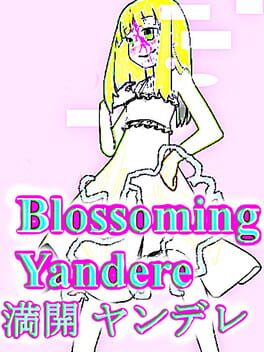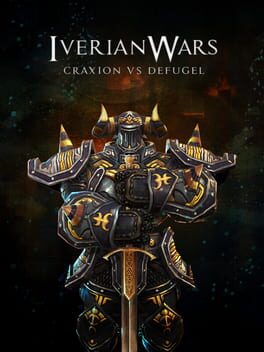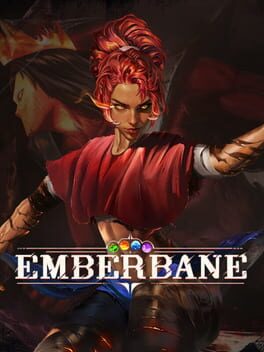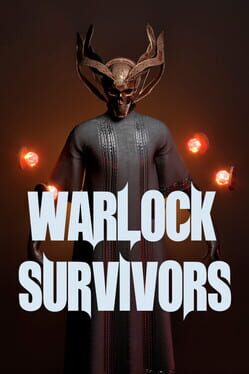Matchmaking in multiplayer games often feels like a gamble; sometimes you get a solid group, other times it’s a nightmare. World of Warcraft has its friend and ignore lists, but those barely scratch the surface of building meaningful, less toxic group experiences.
A System That Never Saw the Light
On July 24, Reddit user EjnarH posted about a matchmaking system he developed for a canceled MOBA project. His post, which quickly gathered over 10,000 upvotes and plenty of discussion, outlined a plan that might have direct parallels to WoW’s group content. While originally designed for PvE matchmaking, the system’s principles can also be applied to PvP, where toxicity often runs high.
His thoughts were to:
- Remove the pressure players feel to prove themselves every match, which often triggers toxic behavior.
- Encourage teammates to support one another when they’re having a bad run, rather than blaming them.
- Create a safer social space when meeting new players.
- Provide natural conversation starters through mutual friends or past positive interactions.
WoW’s current rating systems often boil down player skill into simple numbers, which miss the nuances of individual performance or social dynamics. The main inspiration came from Overwatch’s commendation system, where players can give positive feedback but not negative votes. EjnarH’s version expands on this by differentiating types of positive feedback and removing any form of direct negative signal. No votes just act like a limiter rather than a punishment. Ranks in this system don’t represent hard scores but rather participation and social involvement. It’s a subtle but important difference that shifts focus from competition to community.
WoW once had a similar setup through WoWProgress’s Karma system during Legion, but it faded as Raider.IO’s rating system took over.
Instead of a single global rating, this system personalizes matchmaking by showing you indicators about your past interactions with group members. For example:
- Have you played with these people before?
- Have your friends had positive experiences with them?
- Did players you trust commend them?
This creates a network of trust that’s distinct to each player, rather than a generic score everyone sees. It’s not a social credit system slapped onto the game but a personalized map of your own social connections and experiences.
It’s tough to keep tabs on hundreds of groups and matches, especially when you take breaks or seasons reset. This system would preserve your progress and maintain anonymity, making long-term social bonds easier to sustain. It could cover alts too, which is huge in WoW where your main’s friends might be playing on a different character.
Imagine it working in PvP modes like Solo Shuffle or Battleground Blitz, where it factors past experiences into matchmaking decisions. Over time, random groups become less common as the system favors players with stronger, positive connections.
It might even help guild recruitment by showing you players with good reputations within your network
If you don’t participate, you might end up playing alone more often. Many WoW players enjoy solo content, so this system might unintentionally pressure them to engage socially. Additionally, it risks becoming a numbers game where players chase commendations or connection counts instead of genuine interactions. Color grading connections rather than showing raw numbers might help avoid this.
EjnarH mentioned that teams working with huge player bases contacted him, so the idea has some traction. But WoW’s mix of long raid runs and short PvP matches complicates how fast and strong these social webs form. Should this system cover all player encounters or just specific matchmaking loops? The concept seems better suited for defined game modes rather than the whole MMO experience.
It’s an interesting idea that WoW developers might want to keep an eye on, even if it’s not a perfect fit for the entire game.

